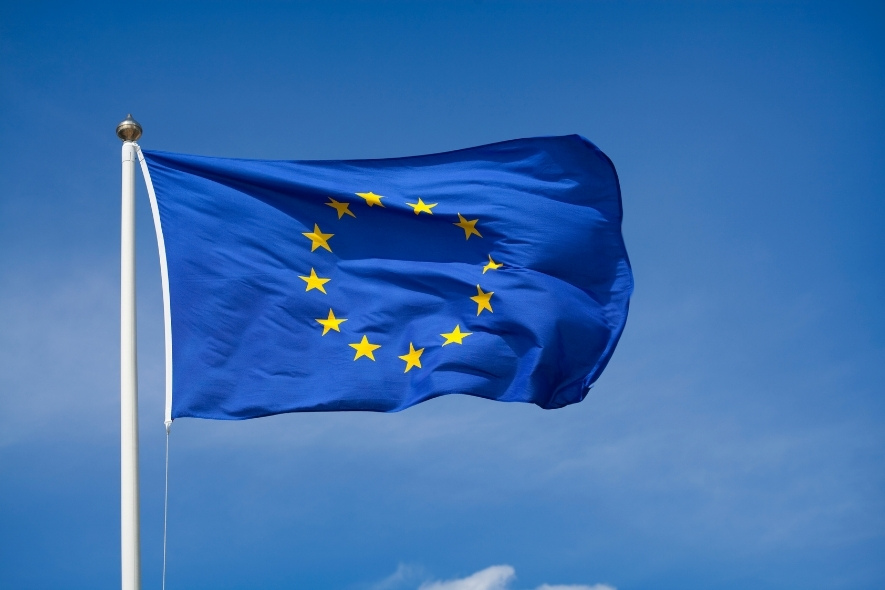The European Union (EU) should seek cooperation from Caucasus and Central Asian countries to address Russia's evasion of Western sanctions, according to The Economist. Despite these restrictions, Russia's foreign trade continues to thrive, largely due to intermediaries in these regions.

The economies of Central Asia and the Caucasus have reportedly benefited from the ongoing conflict in Ukraine. The five Central Asian countries experienced economic growth of 6% in 2023, compared to 4% in 2022. Meanwhile, Armenia's economy grew by 8% in 2023, up from 5% the previous year. The logistics sector has also seen significant development, with freight traffic increasing by 20% annually, according to the report.
To address the issue effectively, the EU is urged to seek cooperation from the governments of the Caucasus and Central Asia. This is acknowledged as a challenging task, as politicians in these regions often maintain close ties with Russia and may personally benefit from circumventing the sanctions. "But the Europeans could offer them favours," the report suggests. Alternatively, Europe could adopt a more stringent approach, such as extending the export ban to third countries or restricting their banks' access to the SWIFT international interbank system. However, these measures could strain relations with key European gas suppliers like Azerbaijan and Armenia and potentially harm European companies.
The most significant growth in trade through third countries involves goods whose exports have been heavily restricted. For instance, car exports from the EU to Kazakhstan doubled between 2021 and 2022, increasing by a further 23% to €6.4bn in 2023. Armenia's imports of chemicals, IT equipment, and electronics from Europe surged in 2023, with increases of 2 times, 5 times, and 4 times, respectively, compared to 2021. Furthermore, some goods are being smuggled across borders, escaping official trade statistics, according to The Economist.
The EU is reportedly striving to eliminate these "emissions," but this requires taking a firmer stance with some of its most difficult neighbours. The report questions whether the EU believes the benefits of a stricter sanctions regime outweigh the potential risks to its relationships and economic interests. As of now, it suggests that the EU's approach indicates otherwise.
Follow Daryo's official Instagram and Twitter pages to keep current on world news.
Comments (0)